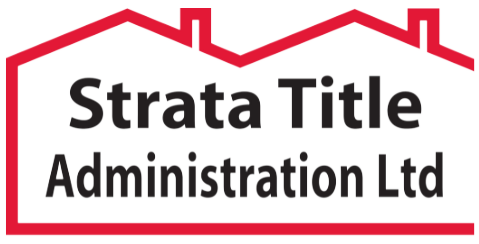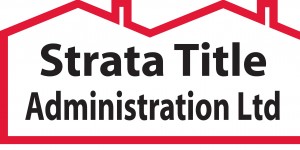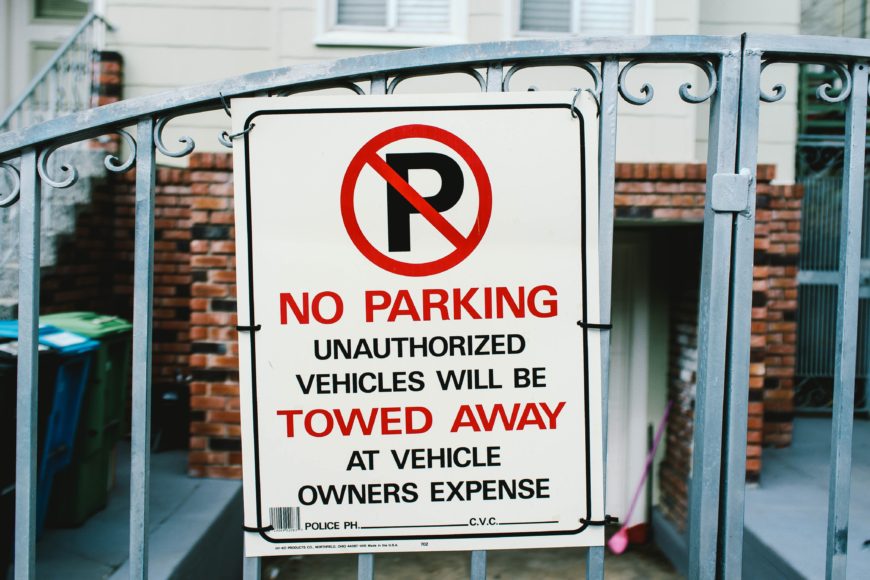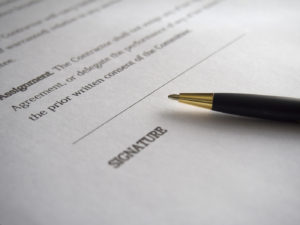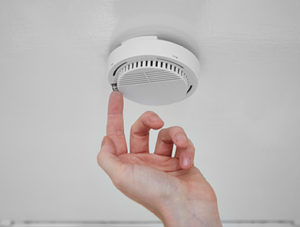Who is Responsible for Repair & Maintenance Costs?
Unexpected events can disrupt even the best-laid plans—from once-in-a-century floods to the sudden failure of essential systems like pipes. For all owners of multi-unit developments, whether part of a Bodies Corporate or a Resident Society, it’s crucial to understand which repairs fall under the responsibility of the individual unit owner and which ones the Bodies Corporate is responsible for.
The Bodies Corporate typically handles the upkeep of common areas and shared infrastructure, while individual owners are responsible for the care and repair of their specific units.
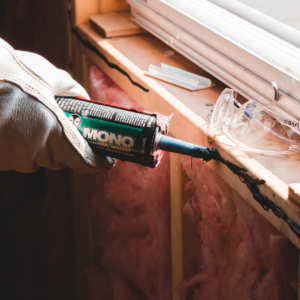 The Unit Titles Act provides clarity in this regard with two key sections:
The Unit Titles Act provides clarity in this regard with two key sections:
- Section 80(1)(g) – An owner must maintain and repair their unit to prevent damage to the common property, building elements, infrastructure, or any other unit.
- Section 138(1)(d) – The Bodies Corporate is required to repair and maintain any building elements and infrastructure that serve more than one unit.
While these provisions are generally clear, they can sometimes create confusion, especially in complex situations. Consider this example scenario:
An apartment complex has a water isolation valve fail, which causes flooding to a unit on the ground floor. One level above, the same valve malfunctions, resulting in further water damage to the unit, as well as the unit above. The Bodies Corporate faced a $50k excess due to water damage, which raises an important question: who should bear the repair costs? Is it the responsibility of the Bodies Corporate or the individual unit owners?
After careful consideration, the committee decides to rely on Section 80(1)(g) and charge the individual owners. However, this decision may be met with objections from the owners and will need to be reviewed by legal counsel.
This situation highlights the importance of committee members understanding the nuances of the Act. In cases where the interpretation isn’t straightforward, seeking legal advice is essential to ensure a fair and informed decision.
Committee members, who are often volunteers, can face challenging decisions with far-reaching consequences. Understanding the Act’s nuances is vital to ensuring fair outcomes for all parties.
When faced with ambiguity in the Act, it’s essential to rely on expert legal advice to ensure the right course of action, protecting both individual owners and Bodies Corporate alike.
